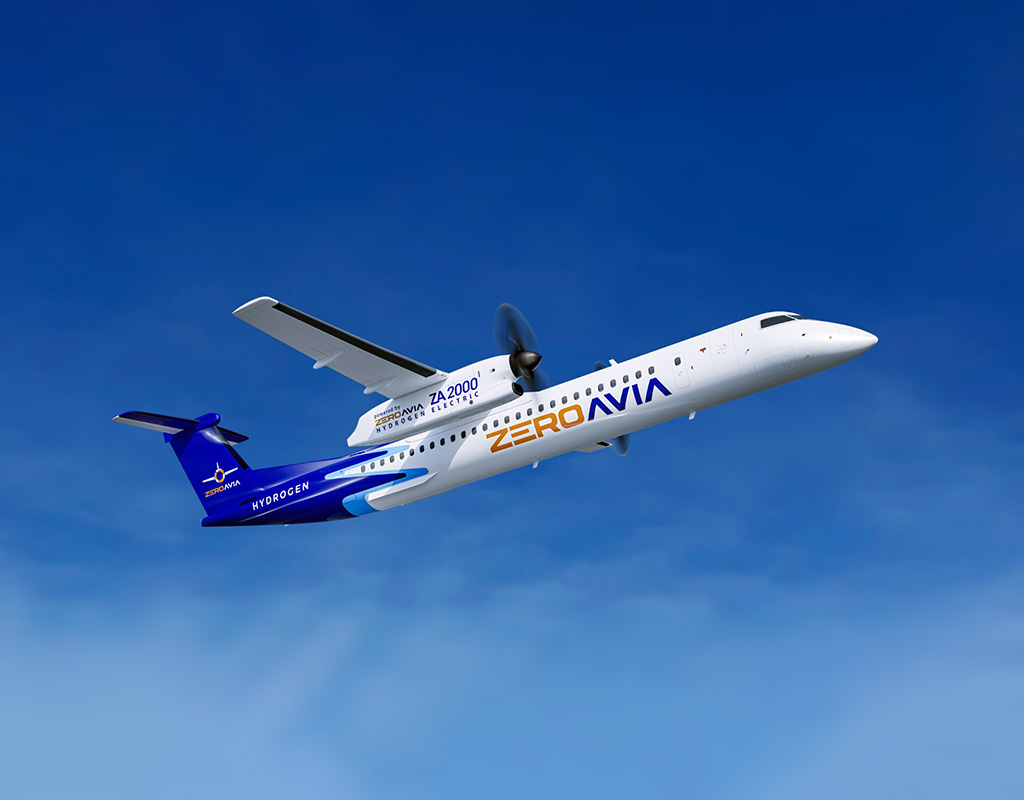
ZeroAvia has signed a deal with Japan Airlines (JAL) and its engineering subsidiary to explore development of hydrogen-electric engines on regional routes in Japan.
The memorandum of understanding (MoU) will try to define operational parameters for retrofitted hydrogen-electric aircraft on existing and potential routes. The firms will also map pathways for regulation, retrofit operations, hydrogen fuel infrastructure and MRO. JAL has a fleet of 50 regional aircraft.
Ryo Tamura, president, JAL Engineering said: “Hydrogen could solve a number of key challenges including CO2 and non-CO2 emissions from aviation propulsion. It is important that we explore the potential benefits and challenges for hydrogen aviation with the leaders in the sector as a matter of urgency. Our collaboration will lead and contribute to safe and sustainable aviation in Japan.”
Right now ZeroAvia is developing its second engine platform, ZA2000 – a 2-5.4 MW hydrogen-electric propulsion system for 40-90 seat regional turboprops. It has pencilled in 2027 for entry in service. The firm has been flight testing a prototype of its first engine – ZA600 – aboard a Dornier 228 aircraft at its UK base in Kemble, Gloucestershire, since January.
James Peck, chief customer officer at ZeroAvia said: “Japan plans massive investment in hydrogen supply and also in supporting the development of hydrogen aviation, so there is clear opportunity for exploring early adoption. JAL group already operates 50 regional aircraft which will be relevant to hydrogen-electric propulsion technology in the foreseeable future.”

